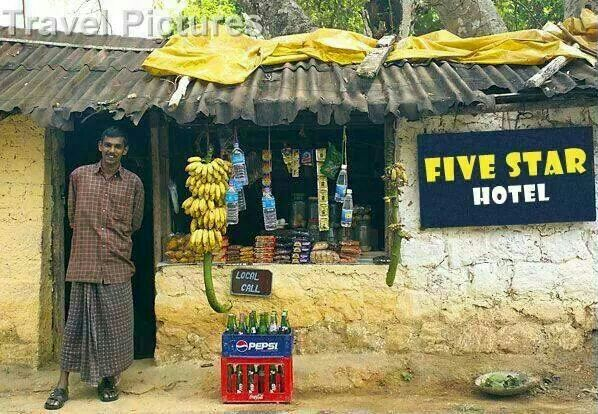INDIA'S 'WETTEST' STATE SHUTS SHOP
Kerala has its own solution to state government's prohibition policy

NEW DELHI: A long time ago journalists travelling to Pakistan--most for the first time---were aware of the prohibition in force in the Islamic state and so well stocked up for it. To their dismay the immigration at Lahore airport took each and every bottle out, informing the scribes that they could collect these on their way back to India.
On the connecting flight from Lahore to Islamabad the journalists were loudly cursing their luck, with the Pakistani passengers expressing sympathy. One gentleman turned to the scribes and laughingly pointed at a flask he was carrying on the flight. “You are inexperienced people, just carry gin and water in a flash and no one will stop you,” he said.
The same goes for prohibition in India, and even more so in Kerala where the concept itself seems alien. Those who want to drink find a way out, and the argument seems to favour those who claim that prohibition really does not cut down on the consumption of alcohol, it just drives it ‘underground.’ More so as Kerala-ites are said to have alcohol now in their genes, swinging back 8.5 litres of alcohol per person per year that is comparable with the ‘best’ in the world.
Conservatives in all religions in the state have been demanding a ban on liquor, but the decision has not exactly enthused others for whom the state’s brand palm toddy was staple fare. The state has shut down over 700 bars and at least 400 licensed shops selling alcohol that will now, under the ban, be available in five star hotels. (see pix!!)
Congress MP Shashi Tharoor probably speaks for many when he writes in his blog, “Their surprise is, at one level, understandable: Kerala has long been regarded as a haven for tipplers. Despite the closure of the ubiquitous arrack shops by the AK Antony government in 1996, alcohol of various (and varying) other qualities has been widely available throughout the state. Its reputation as a tourist paradise has also floated on a sea of easily available libations: the local palm toddy, the increasingly popular "Indian Made Foreign Liquor" (whose popularity grew after the ban on arrack and the resultant coarsening of the less-intoxicating toddy to appeal to hardened arrack-drinkers), and the more expensive fare distilled in Scotland, albeit at five-star prices. Kerala had even acquired the dubious reputation of being the state with the highest per capita consumption of spirits in India (in vain did some of us try to explain that it was not because we were particularly prone to drunkenness, but because we were honest enough to declare, and pay excise, on everything we drank, unlike, say, Punjab.)
So no one had ever thought that Kerala would ever consider going the Gujarat way and ban booze. Until, to universal exclamations of astonishment, we just did.”
And adds in a bid to make sense of what many in Kerala term as nonsense, “The somewhat bizarre one up-manship of senior politicians competing with each other to prove they were holier-than-thou would have been amusing had the consequences not been so drastic. Once the decision was taken, there was no going back; no one wanted to be branded as a votary of the demon drink. But in the days since it was announced, and even while the applause is yet to die down across the state, grim reality has begin to beckon. Bar workers and distillery employees, some 20,000 across the state, will be thrown out of work; they and their families will soon be clamouring for relief, in a state with levels of unemployment so high that lakhs of Keralites go outside the state each year looking for work.”
The decision has made it to the international media as well, with The Independent clearly not on the side of the teetotallers reporting from the UK, “Kerala's government need not even look so far for a case study. Several states in India have experimented with prohibition in a hangover from the time of Gandhi, who really didn't like a drink: "Those who take to drinking, ruin themselves and ruin their people," he said. In Gujarat, his home state, prohibition is still in effect. Wealthier drinkers buy drink smuggled from neighbouring states, while the poor drink bootleg liquor, often made using poisonous chemicals. In 2009, in one of several similar cases, 122 people died after drinking a deadly batch. At the time, Vijay Mallya, an Indian spirits tycoon, described the state's prohibition as a "farce".



